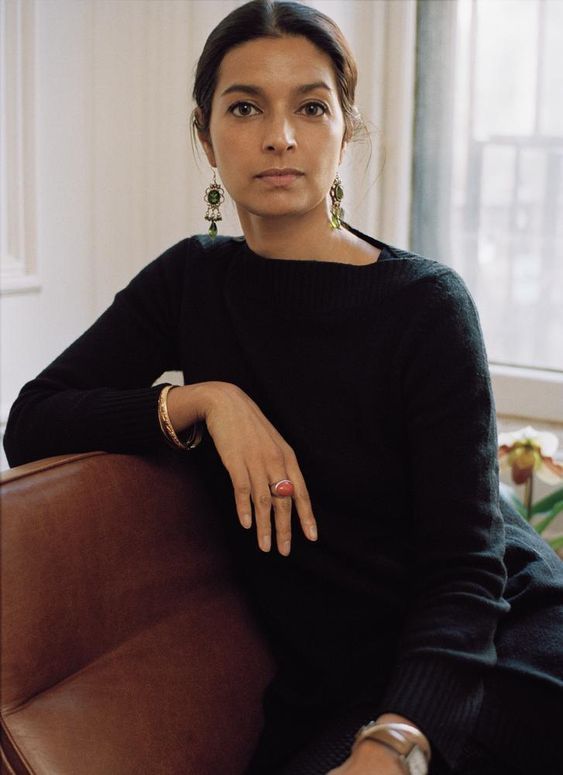

Her first novel, The Namesake, which follows the fortunes of “Gogol”, the son of Bengali immigrants, as he makes his way in New York, was made into a film by acclaimed director Mira Nair and her second The Lowland, a family saga stretching from 1950s Calcutta to New England decades later, was shortlisted for the Booker prize in 2013. When in Rome … ‘There is this life happening right on your doorstep’ Photograph: Paula Solloway/Alamy

Eschewing the showy irony of many of her American peers, or the lush prose and epic sweep typical of Anglo-Indian fiction at the time, she depicted the everyday lives of (often middle-class) Asian-American immigrants with the same compassionate scrutiny and moral complexity that distinguishes the work of her literary heroes William Trevor and Alice Munro. “The idea of trying things just for the sake of pushing the envelope, that’s never really interested me.” And it is true that her elegantly melancholy short stories – her first collection, Interpreter of Maladies, won the Pulitzer in 2000 when she was 33 – belong to the realist tradition. “I’m the least experimental writer,” Lahiri told New York Times magazine in 2008 when her second collection of short stories, Unaccustomed Earth, went straight to No 1 on the US bestseller lists, prompting Time magazine to declare a changing of the guard in US fiction. She is as thoughtful and composed as you’d expect from reading her fiction, with the same quiet humour it might be easy to miss. At the end she confesses to a slight embarrassment at having written such a personal book “of love, of suffering”, and I suspect she feels similarly about giving interviews (which, along with reviews, she never reads). Her previous book, In Other Words, was her first written in Italian (translated by Ann Goldstein, Elena Ferrante’s translator) – “a sort of linguistic autobiography”, it is a passionate account of her “pilgrimage” to Rome and quest to conquer the language. On the shelves behind her, the only visible title is a book facing outwards with “ITALIAN” in large print. I had this other life, in this other place,” she explains, until coronavirus struck last year her son was still in school in Rome at the time. She returned to teach at the university in 2015, while maintaining a long-distance relationship with Rome. Today Lahiri is at home in New Jersey: “ Mi trovo Princeton,” she says. It is hard to explain the forces in life that drive you to a language and then to a place and then to a new life Following a year of enforced isolation for so many, not least in Italy, this “portrait of a woman in a sort of urban solitude”, as she describes the novel, has assumed an unexpectedly timely resonance. This is a book about belonging and not belonging, place and displacement – questions of identity that Lahiri has explored throughout her fiction, whether set in New England, Calcutta or now (we guess) Rome. The novel asks: “How does a city become a relationship in and of itself for the female protagonist?” she says now. The chapters relate different relationships or connections: a visit to her mother a daily chat with a barista a fleeting encounter. In the second chapter, “On the Street”, the narrator bumps into a man, the husband of a friend, whom she “might have been involved with, maybe shared a life with”: they go into a lingerie shop because she needs to buy a pair of tights, leading the reader to think we have begun a particular kind of story. The story follows an unnamed woman around an unnamed city over the course of a year, each chapter an espresso shot of regret and loneliness.

Now she has translated it into English under the title Whereabouts. Published in Italy in 2018 as Dove mi trovo – “Where I find myself” or “Where am I?” – it is her first novel written in Italian. She renounced all reading in English and began to write only Italian.

Jhumpa Lahiri’s third novel is the triumphant culmination of her 20-year love affair with Italian, an obsession that led her to move to Rome with her family almost 10 years ago.


 0 kommentar(er)
0 kommentar(er)
